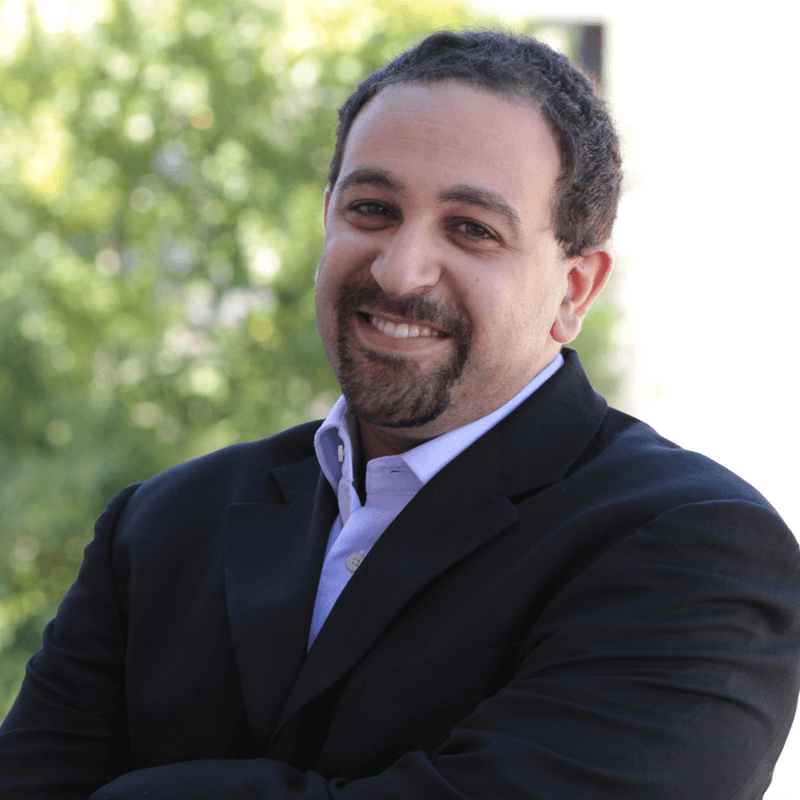Although his academic career has largely been based in the USA, Daniel Armanios is not a stranger to Saïd Business School
Armanios graduated from two MSc programmes as a Rhodes Scholar from Oxford, the first in Water Science, Policy and Management from the School of Geography and the Environment and the second in Management Research from Saïd Business School in 2008. Since then, his work has addressed the intersection between infrastructure and human interaction.
'My work integrates civil engineering and engineering systems with organisational sociology, or organisational theory, to look at, what I call, institutional infrastructure. What I mean by institutional infrastructure is just how organisations co-ordinate and work together to build, manage and deploy an infrastructure system to achieve a societal objective,' said Armanios, who will be working remotely from Pittsburgh for much of the Hilary term, where he previously held the position of Associate Professor in Carnegie Mellon University’s Department of Engineering and Public Policy.
The findings from his work have informed efforts to improve infrastructure, advancing sustainable development and innovation, while also providing solutions to alleviate inequities within such systems.
He has already published his first paper under the aegis of his title with the journal Organization Science. The article, 'Beyond Spatial Proximity: The Impact of Enhanced Spatial Connectedness from New Bridges on Entrepreneurship', explores connectedness, specifically bridges. 'When you physically build new bridges in a city it actually encourages high tech innovation,' says Armanios. 'Most people still think of bridges metaphorically, building social networks and so on, but it turns out actual literal bridges have a function that goes beyond what we may think in terms of spurring high-tech entrepreneurial activity.'
He’s also completing research with co-author Nicola Ritsch on the surprising increase in unemployment in US urban areas with greater broadband access during Covid. 'It turns out that digital infrastructure is not as resilient to Covid as we thought. You need almost 100% penetration. If you are in an area with high broadband access, there is greater unemployment during Covid. The reason we think this is happening is one of social expectation. Those who don’t have broadband in a given location are hindered much more in areas with high broadband access as employers locally expect them to have it. Therefore if you don’t have it amidst a public health stay-at-home mandate, retaining your job becomes more difficult,' he says.
Although Armanios will be working remotely throughout Hilary, he plans to be in Oxford for most of Trinity term before making a permanent move to the city in Summer 2022. With regard to his new post at Saïd Business School, he says that he is still trying to learn a lot about the interests and needs of the faculty, students and the alumni. Asked what his priorities might be when in post, he says he’s drawn to the impact of major programmes on grand challenges, such as those pertaining to climate action. He says: 'We are supposed to introduce a 50% reduction in carbon emissions by 2030. If you think about multi-organisational, billion-dollar-plus projects that will arguably make the biggest impact on emissions, their completion time is upwards of 10 years or more. So from that vantage point, we need to be addressing emission cuts now and not in 2030.'
